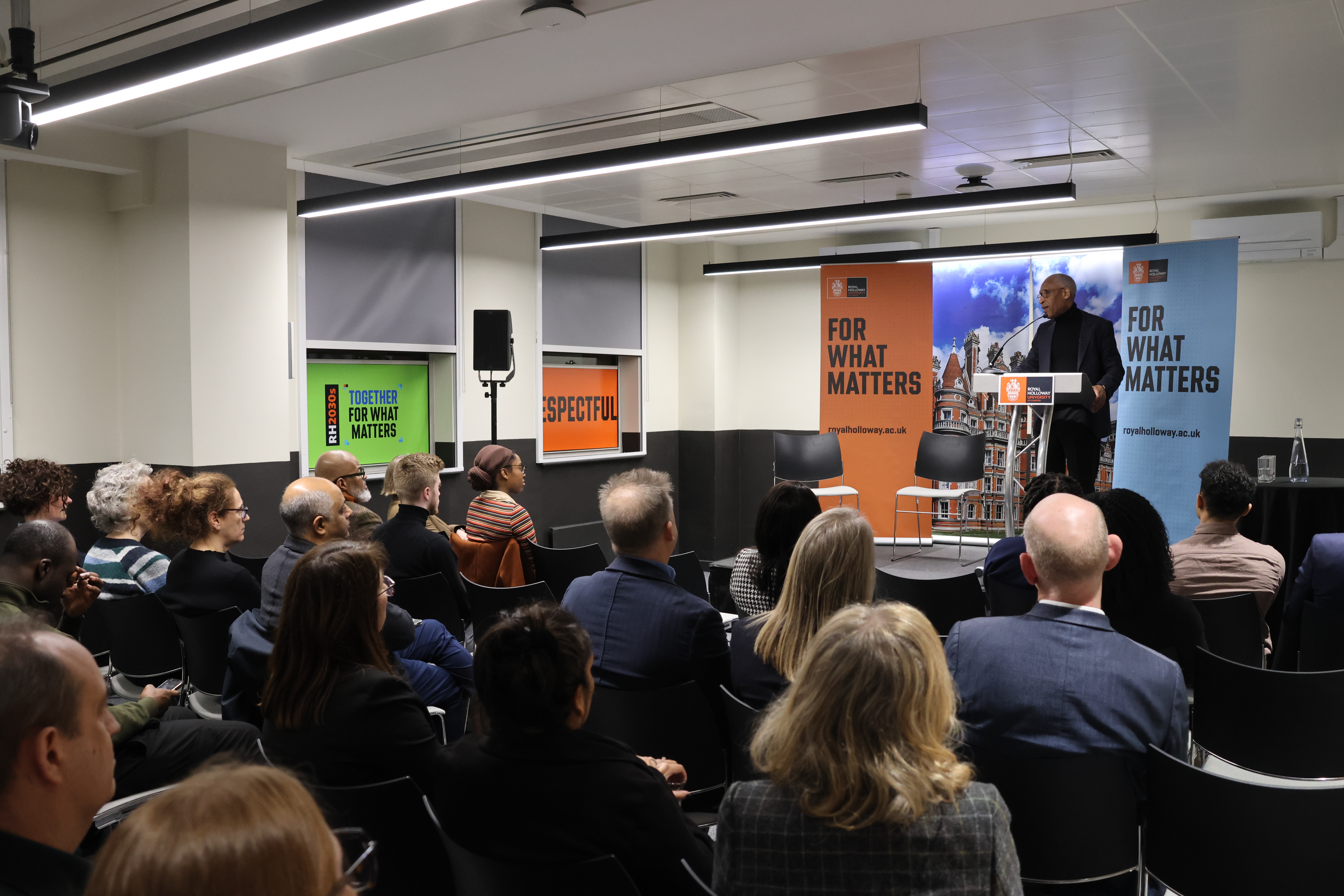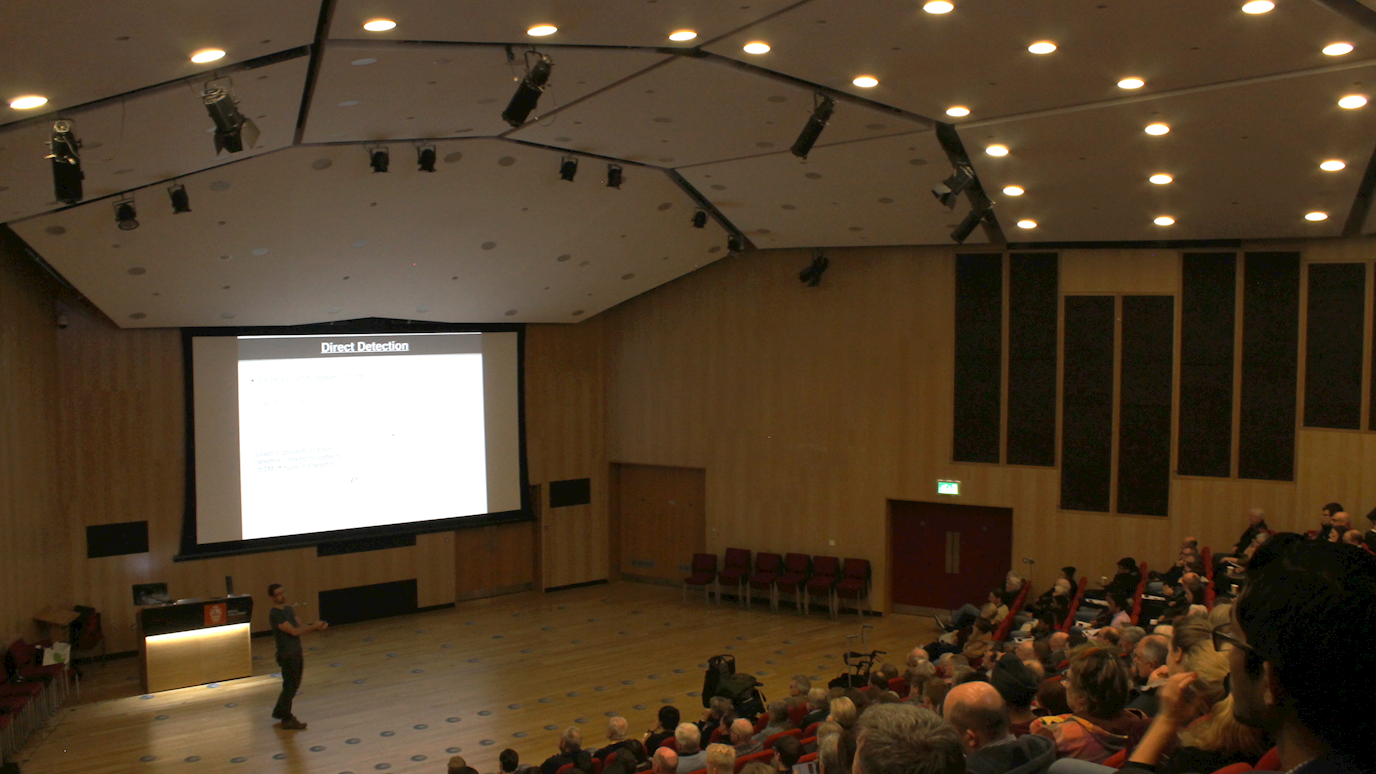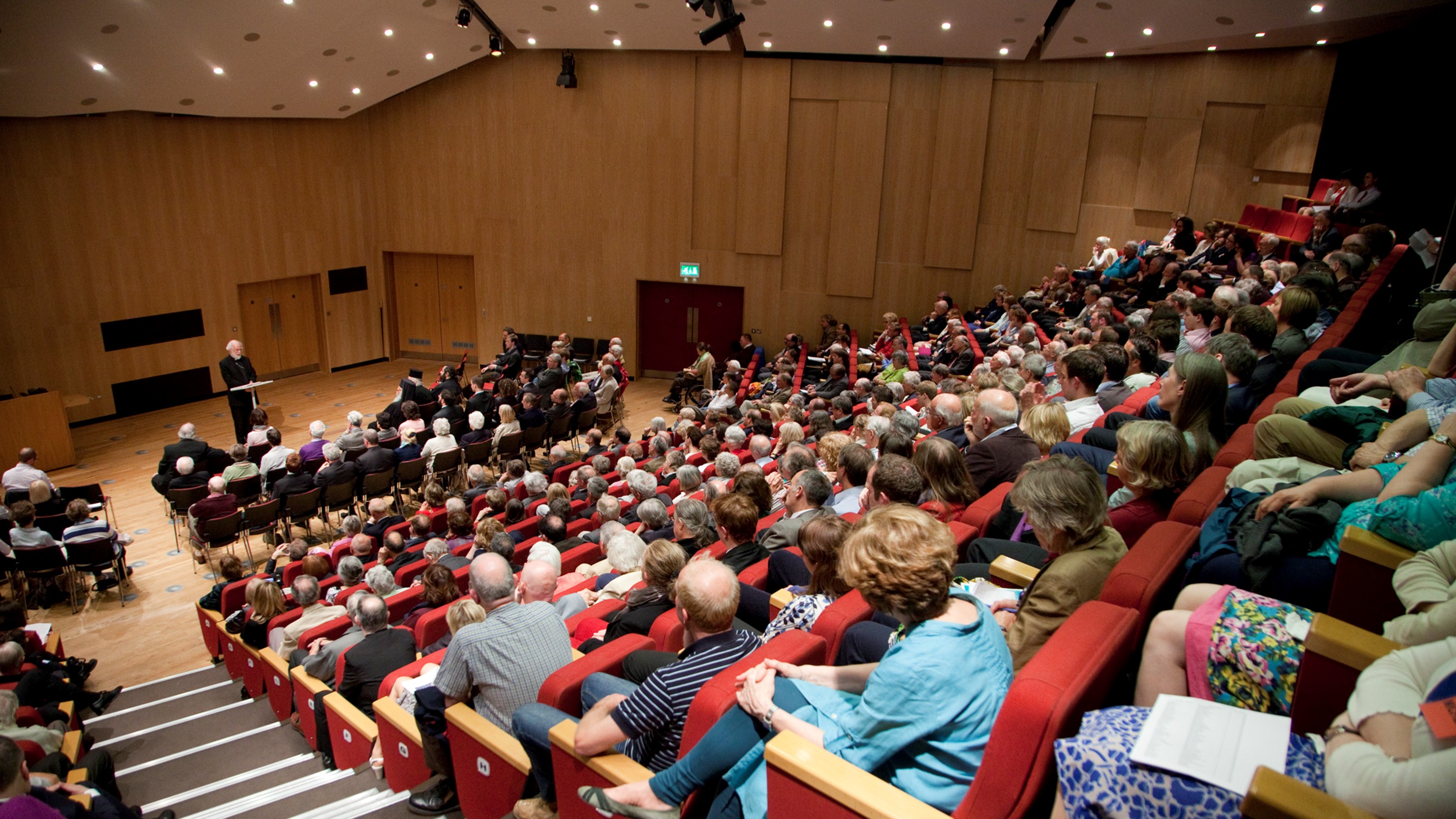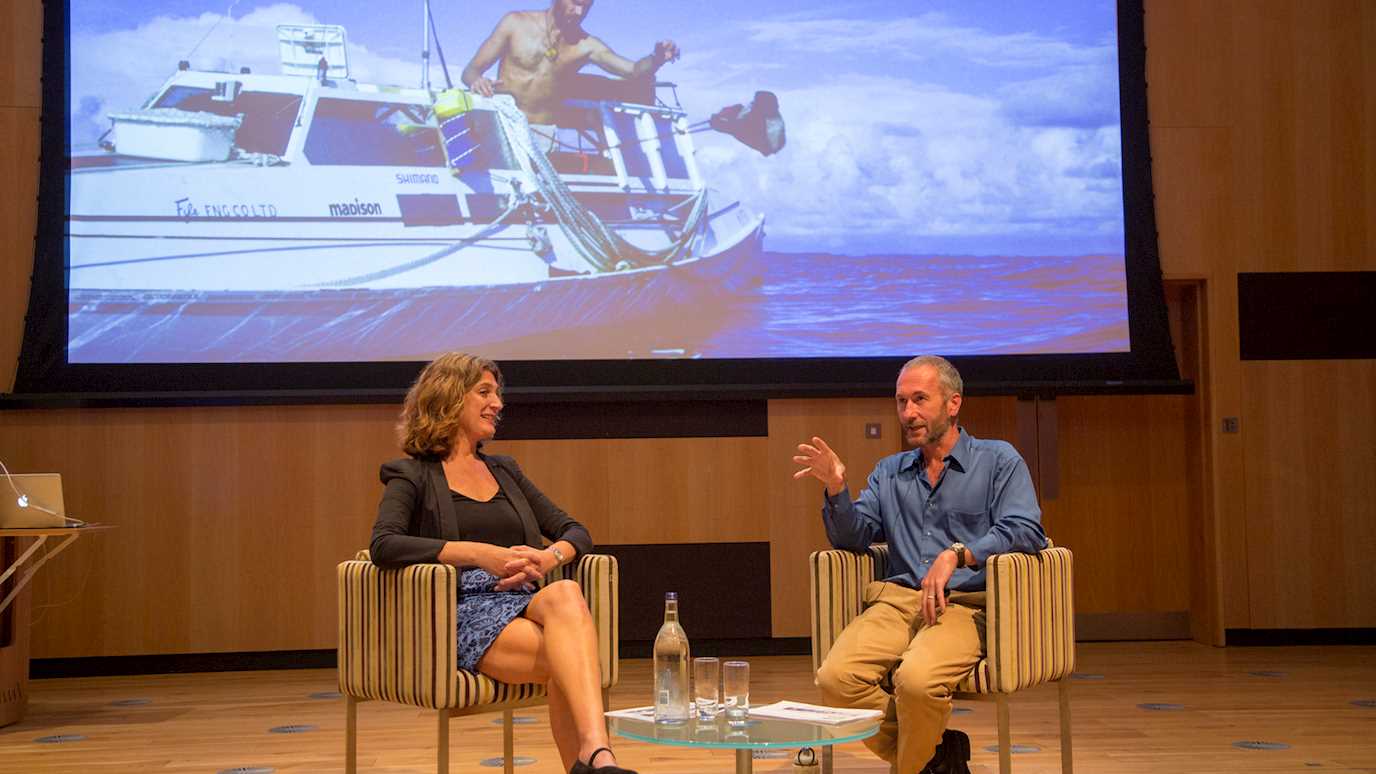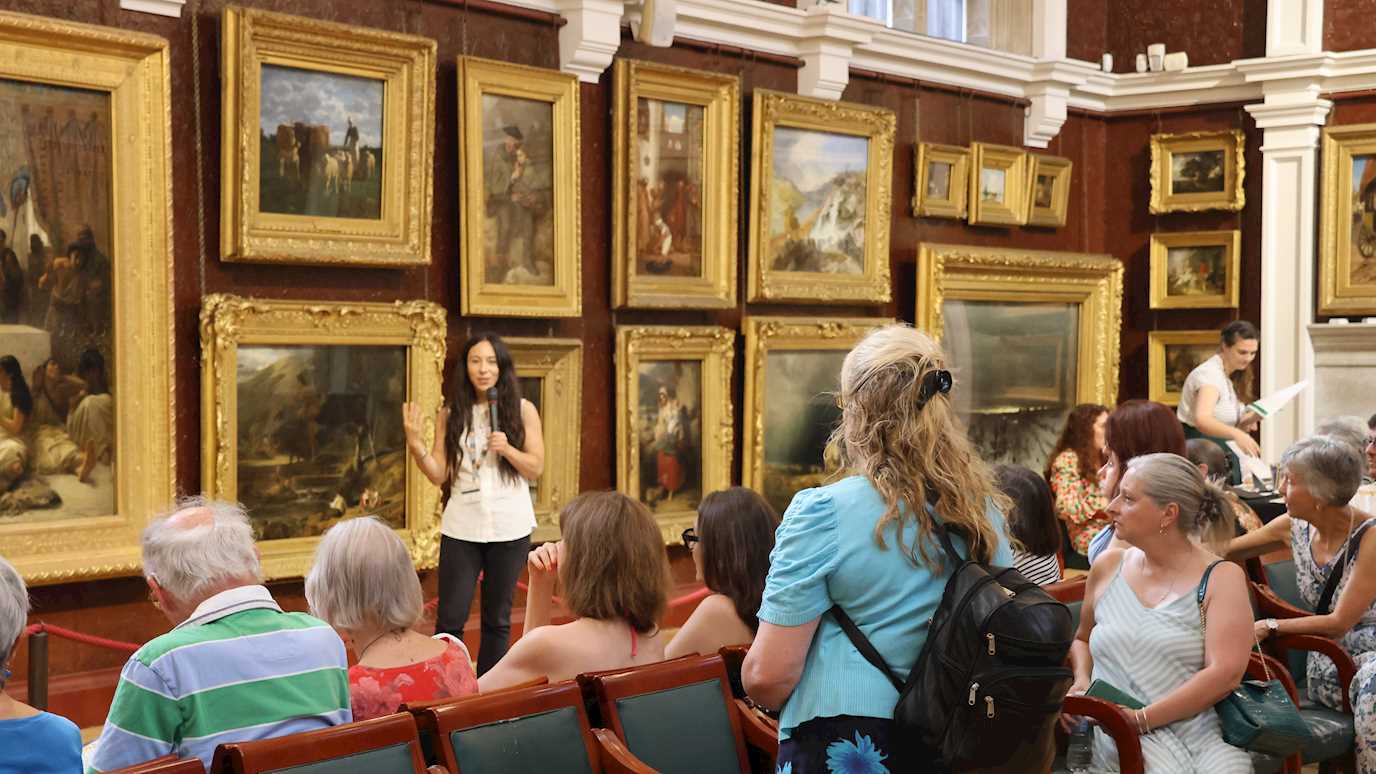Every year Royal Holloway holds a wide variety of public events, lectures and seminars. If you are not able to make our events in person or want to watch an event you attended previously, you can view recordings of selected past events here.
We warmly welcome our university community and public to join us for events throughout the year.










